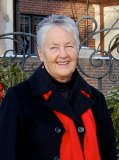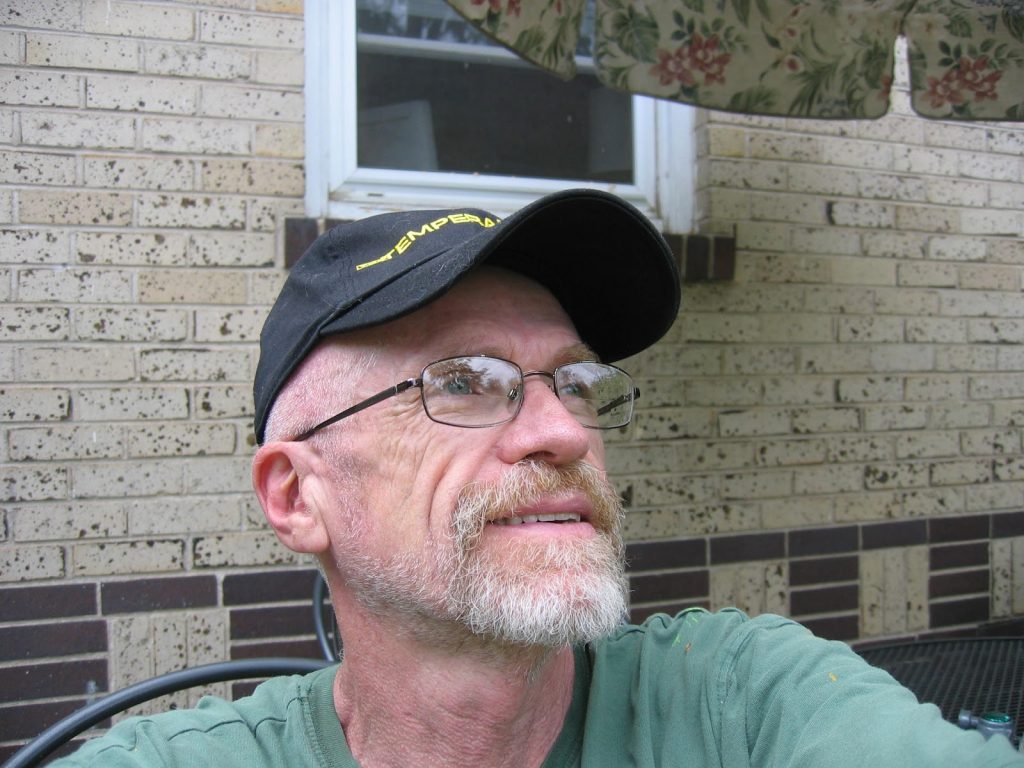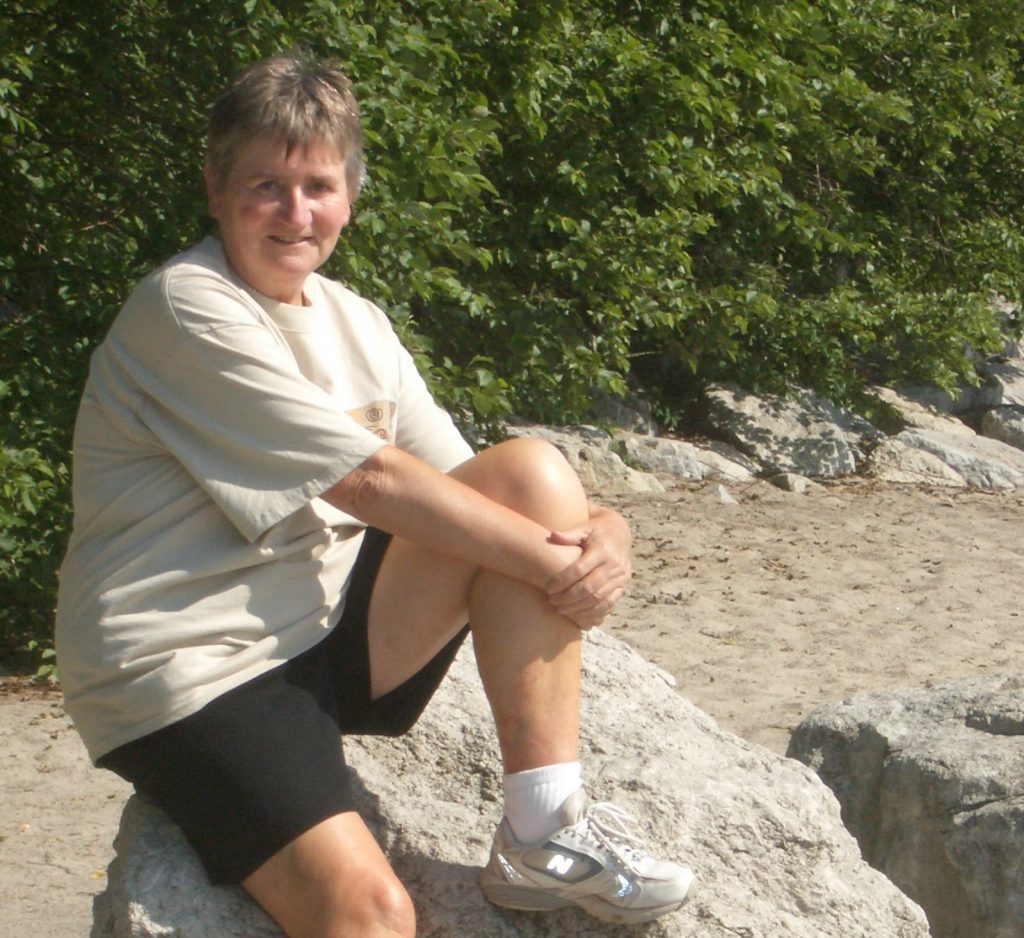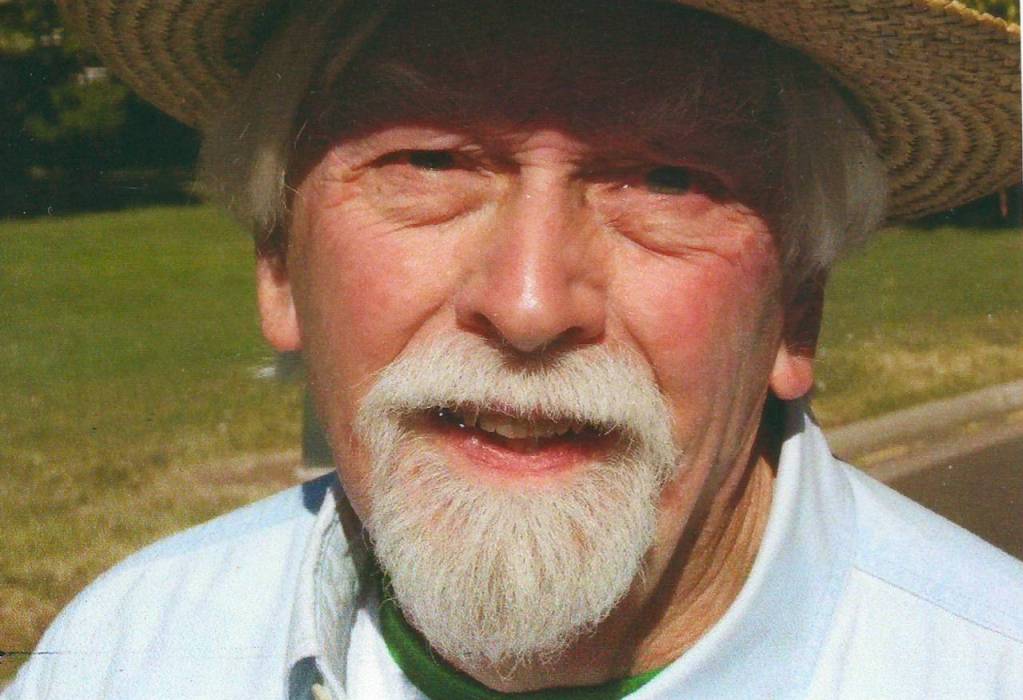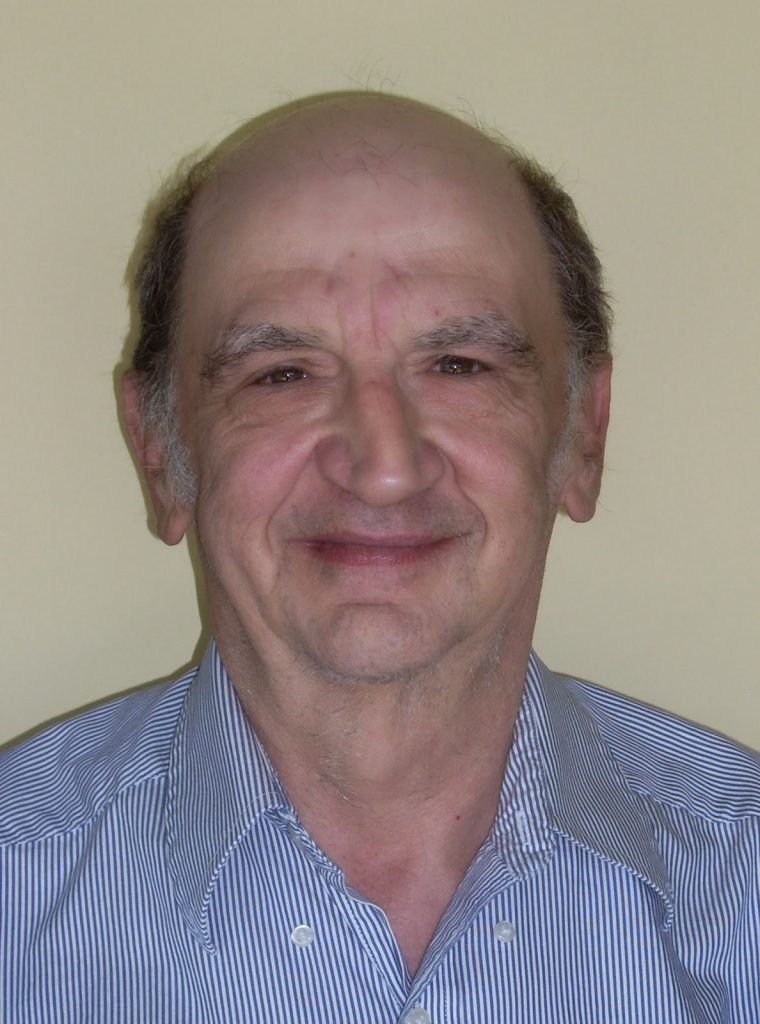My thirty-year career at Ford Motor Company reached its culmination at the end of the last century, coincident with the last of my 26 years of being in a straight marriage and the birth of the GLBT organization that has played the largest part in my personal journey toward wholeness. That organization is Ford GLOBE.
GLOBE is an acronym for Gay, Lesbian, Or Bisexual Employees. It was hatched in the minds of two Ford employees, a woman and a man, in Dearborn, MI, in July of 1994. By September, they had composed a letter to the Vice President of Employee Relations–with a copy to Ford CEO, Alex Trotman–expressing a desire to begin a dialogue with top management on workplace issues of concern to Ford’s gay, lesbian and bisexual employees. They were invited to meet with the VP of Employee Relations in November.
In 1995, the group, now flying in full view of corporate radar and growing, elected a five-member board, adopted its formal name of Ford GLOBE; designed their logo; adopted mission, vision, and objective statements; and adopted bylaws. The fresh-faced Board was invited to meet with the staff of the newly-created corporate Diversity Office. Soon after, “sexual orientation” was incorporated into Ford’s Global Diversity Initiative. Members of Ford GLOBE participated in the filming of two company videos on workplace diversity. Also that year, Ford was a sponsor of the world-premier on NBC of Serving in Silence, starring Glenn Close as Army Reserve Colonel Margarethe Cammermeyer. By September of 1996, Ford GLOBE chapters were forming in Great Britain and Germany.
In March of 1996, Ford GLOBE submitted to upper management the coming-out stories of 23 members in hope of putting a human face on what had been an invisible minority. Along with the stories came a formal request for Ford’s non-discrimination policy to be rewritten to include sexual orientation. At the time, only Ford of Britain had such a policy.
Ford GLOBE was beginning to network with similar interest groups at General Motors and Chrysler, including sharing a table at the 1996 Pridefest and walking together in the Michigan Pride Parade in Lansing. After two years of discussion between Ford GLOBE and top management, on November 14, 1996, Ford CEO, Alex Trotman, issued Revised Corporate Policy Letter # 2, adding “sexual orientation” to the company’s official non-discrimination policy. To this day, some of our largest and most profitable corporations, including Exxon Mobile, have refused to do the same.
My involvement with Ford GLOBE began sometime in 1997. For that reason and the fact that I have scrapped many of my records of this period, I have relied heavily on Ford GLOBE’s website for the dates and particulars of these events.
In February of 1998, I attended a “Gay Issues in the Workplace” Workshop, led by Brian McNaught, at Ford World Headquarters, jointed sponsored by GLOBE and the Ford Diversity Office. I remember a Ford Vice President taking the podium at that event. He was a white man of considerable social cachet and I assumed that the privilege that normally goes with that status would have shielded him from any brushes with discrimination. In fact, he told a story of riding a public transit bus with his mother at the height of World War II. His family was German. His mother had warned him sternly not to speak German while riding the bus. Thus, he, too, had known the fear of being outed because of who he was. The experience had made him into an unlikely ally of GLOBE members over 50 years later.
In 1999, Ford GLOBE amended its by-laws to make it their mission to include transgendered employees in Ford’s non-discrimination policy and gender identity in Ford’s diversity training. Ford Motor Company was the first and only U.S. automotive company listed on the 1999 Gay and Lesbian Values Index of top 100 companies working on gay issues, an achievement noted by Ford CEO Jac Nasser. It was about this time that retired Ford Vice Chairman and Chief Financial Officer Alan Gilmore came out as gay. The Advocate named Ford Motor Company to its list of 25 companies that provide good environments for gay employees in its Oct. 26 edition.
Having earlier written the contract bargaining teams for Ford Motor Company, United Auto Workers, and Canadian Auto Workers requesting specific changes in the upcoming union contracts, Ford GLOBE was pleased to see that the resulting Ford/CAW union contract included provision for same-sex domestic partners to be treated as common law spouses in Canada, for sexual orientation to be added to the nondiscrimination statement of the Ford/UAW contract, and that Ford and the UAW agreed to investigate implementation of same-sex domestic partner benefits during the current four-year union contract.
The year 2000 was not only the year that I became Board Chair of Ford GLOBE but also the year that marked a momentous event in automotive history as Ford, General Motors, and the Chrysler Division of DaimlerChrysler issued a joint press release with the United Auto Workers announcing same-sex health care benefits for the Big Three auto companies’ salaried and hourly employees in the U.S. As the first-ever industry-wide joint announcement of domestic partner benefits and largest ever workforce of 465,000 U.S. employees eligible in one stroke, the historic announcement made headlines across the nation. It was truly a proud moment for all of us in the Ford GLOBE organization.
On January 1 of 2001, my last year with the company, Ford expanded its benefits program for the spouses of gay employees to include financial planning, legal services, the personal protection plan, vehicle programs, and the vision plan.
Since my departure from the company, Ford and GLOBE have continued to advance the cause of GLBT equality and fairness both within the corporation and without. I am fortunate to have been supported in my own coming out process by my associates within the company, both gay and straight, and to Ford GLOBE in particular for the bonds of friendship honed in the common struggle toward a better and freer world.
[Editor’s note: Previously published in 2015 in this blog.]
© 2015
About the Author
I came to the beautiful state of Colorado out of my native Kansas by way of Michigan, the state where I married and I came to the beautiful state of Colorado out of my native Kansas by way of Michigan, the state where I married and had two children while working as an engineer for the Ford Motor Company. I was married to a wonderful woman for 26 happy years and suddenly realized that life was passing me by. I figured that I should make a change, as our offspring were basically on their own and I wasn’t getting any younger. Luckily, a very attractive and personable man just happened to be crossing my path at that time, so the change-over was both fortuitous and smooth. Soon after, I retired and we moved to Denver, my husband’s home town. He passed away after 13 blissful years together in October of 2012. I am left to find a new path to fulfillment. One possibility is through writing. Thank goodness, the SAGE Creative Writing Group was there to light the way.

